Efforts by the United States and its allies to secure the supply chain of critical chip technology were at the forefront of discussions as world business leaders and executives gathered in Japan ahead of the G7 summit.
Japan will host the G7 Summit in Hiroshima from May 19.
Factors ensuring economic security
Also on May 18, Prime Minister Fumio Kishida called on leaders of seven key semiconductor companies from South Korea, Taiwan, the United States and Europe to increase investment in Japan's chip industry.
The UK is not a chip manufacturing powerhouse, but it is home to ARM, the world’s leading chip designer, and is also home to companies developing composite semiconductors, or chips made from materials other than silicon, which are said to be more energy efficient.
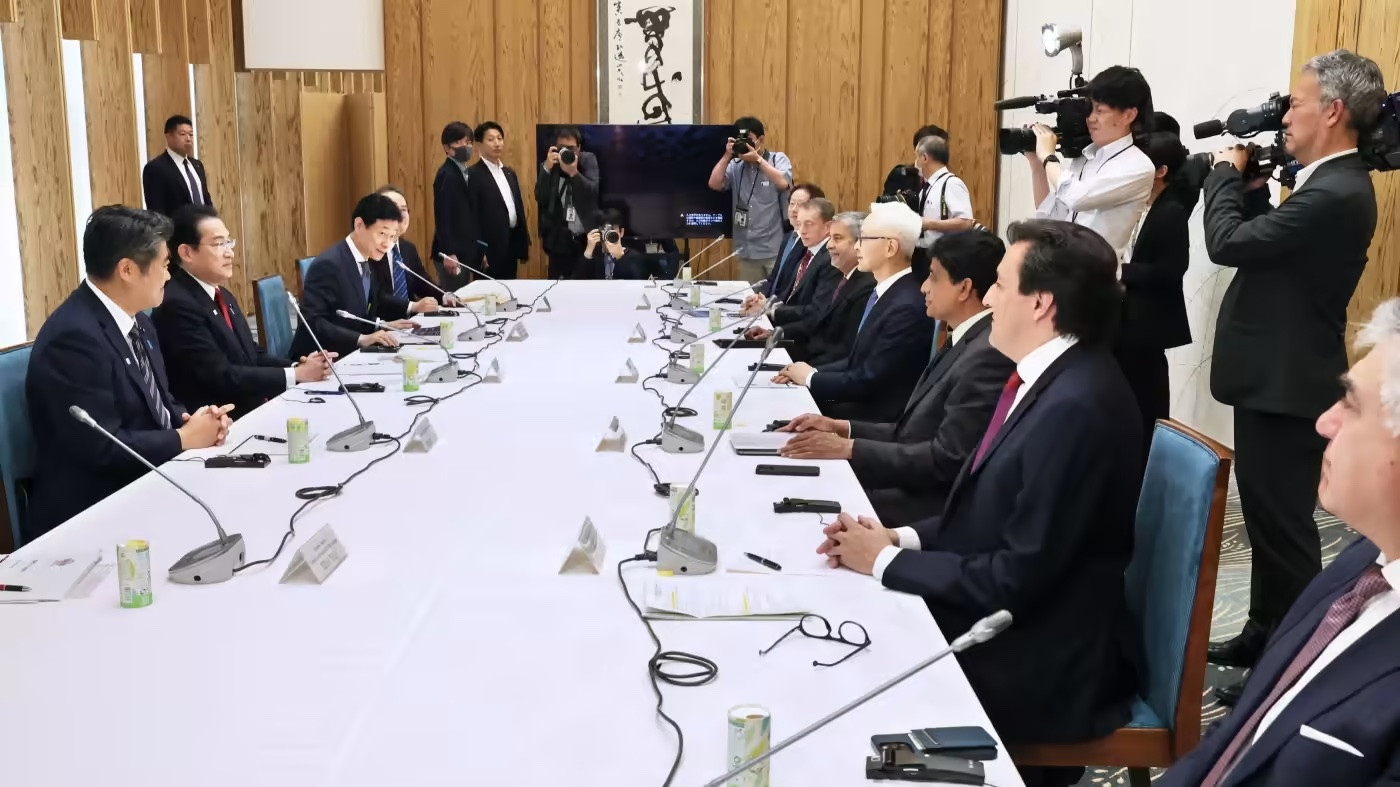
London has set out a semiconductor strategy with the primary goal of reducing its dependence on imported semiconductors from geopolitically sensitive areas, such as Taiwan.
Economic security is a top priority at the G7 summit as the US and its allies try to maintain their technological lead in the race with China.
The world's second-largest economy uses its vast market to attract foreign investment and has acquired advanced technologies from Western companies in its bid to become a global tech powerhouse by 2049 - the 100th anniversary of the founding of the People's Republic of China. Washington argues that the West needs to maintain its leadership to protect the current international order.
The core of the tech race includes artificial intelligence and semiconductors, the sector’s main “activator.” Much of the world’s chipmaking takes place in Taiwan and South Korea, leaving the West vulnerable to geopolitical shocks.
Tokyo strives to regain position in semiconductor industry
Micron Technology said it will invest 500 billion yen ($3.6 billion) in Japan over the next few years. Merger talks are also underway between Kioxia and Western Digital, a leading flash memory maker.
Meanwhile, South Korea's Samsung Electronics is building a manufacturing facility in Yokohama, a move that opens up opportunities for cooperation between the two countries' chip industries following recent improvements in political relations between the two sides.
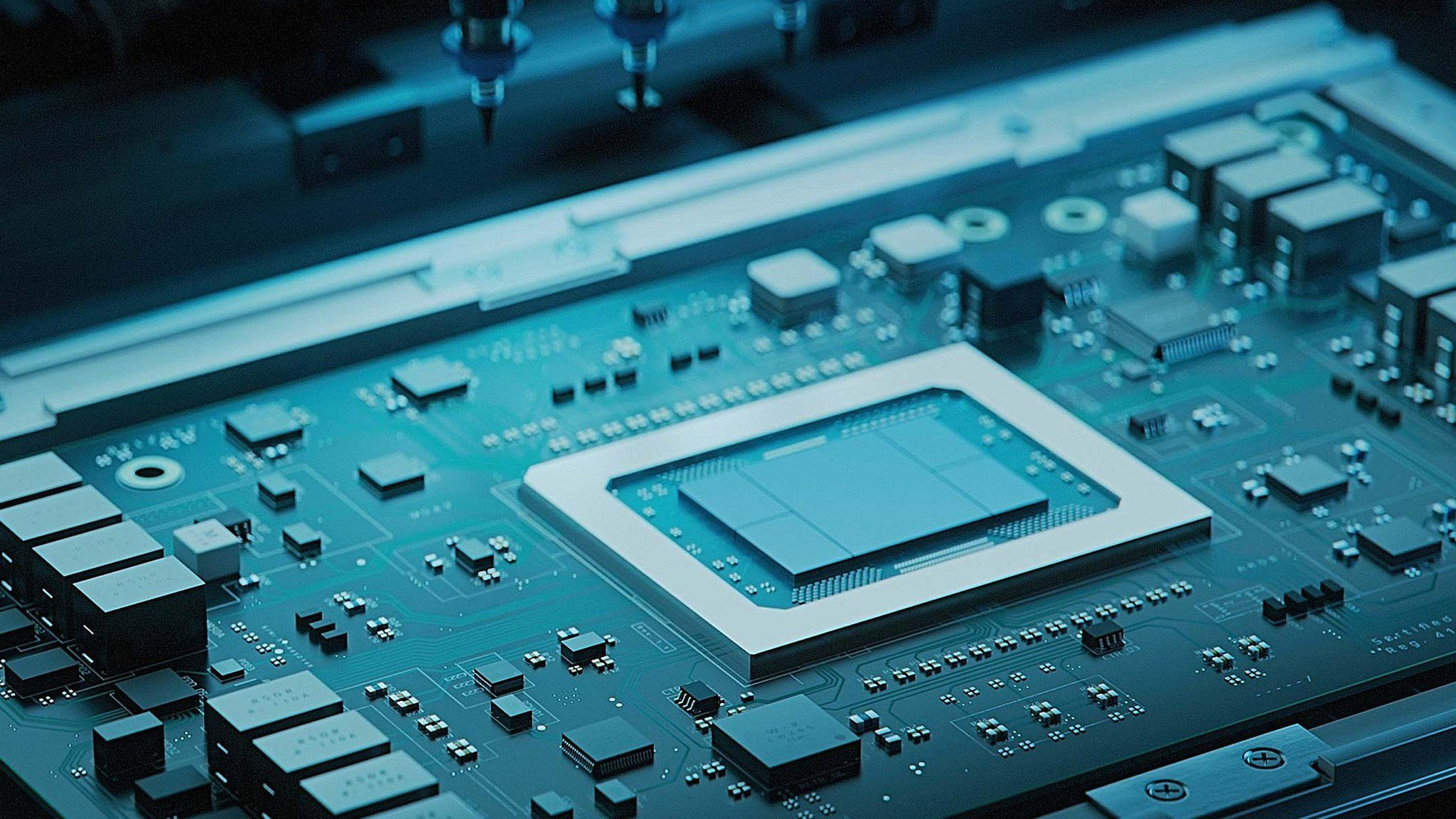
TSMC, the world's largest contract chipmaker, has revealed plans to invest billions of dollars in Kumamoto to produce logic chips.
The meeting ahead of the G7 Summit at the Japanese Prime Minister's office in Tokyo brought together leaders of leading semiconductor companies, including Mark Liu (TSMC), Pat Gelsinger (Intel), Sanjay Mehrotra (Micron Technologies), along with executives from Samsung Electronics, IBM, and Belgium's IMEC Materials Application Research Center.
Prime Minister Kishida signaled the government would provide sustained support for the sector through subsidies to attract more investment from foreign companies.
Japan used to account for 50% of the world's semiconductor production, before being overtaken by the US, South Korea, Taiwan, and even China. In 2021, Tokyo outlined a semiconductor and digital strategy and approved a 2 trillion yen ($14.7 billion) budget for recovery efforts.
A stable supply of semiconductors is crucial to Japan’s economic security. The government aims to triple domestic sales of semiconductors and related products to 15 trillion yen by 2030.
(According to NikkeiAsia)
Source






















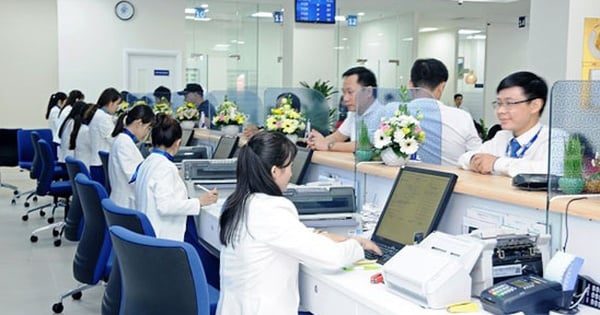

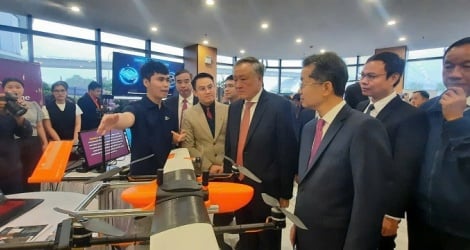
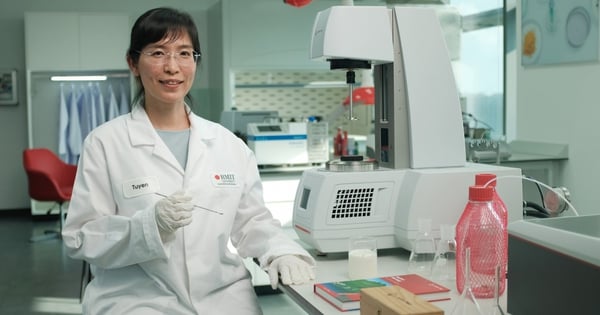

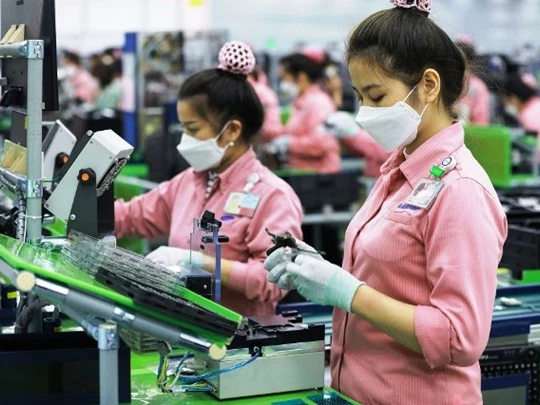

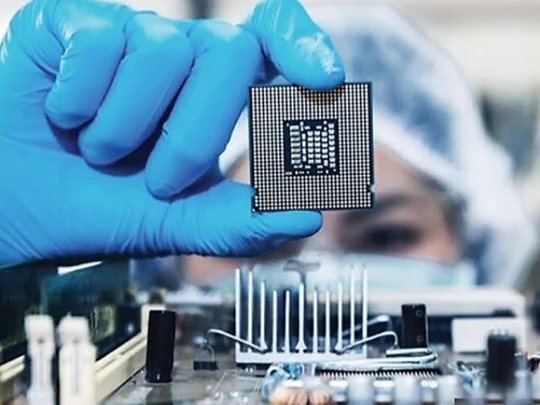





























Comment (0)